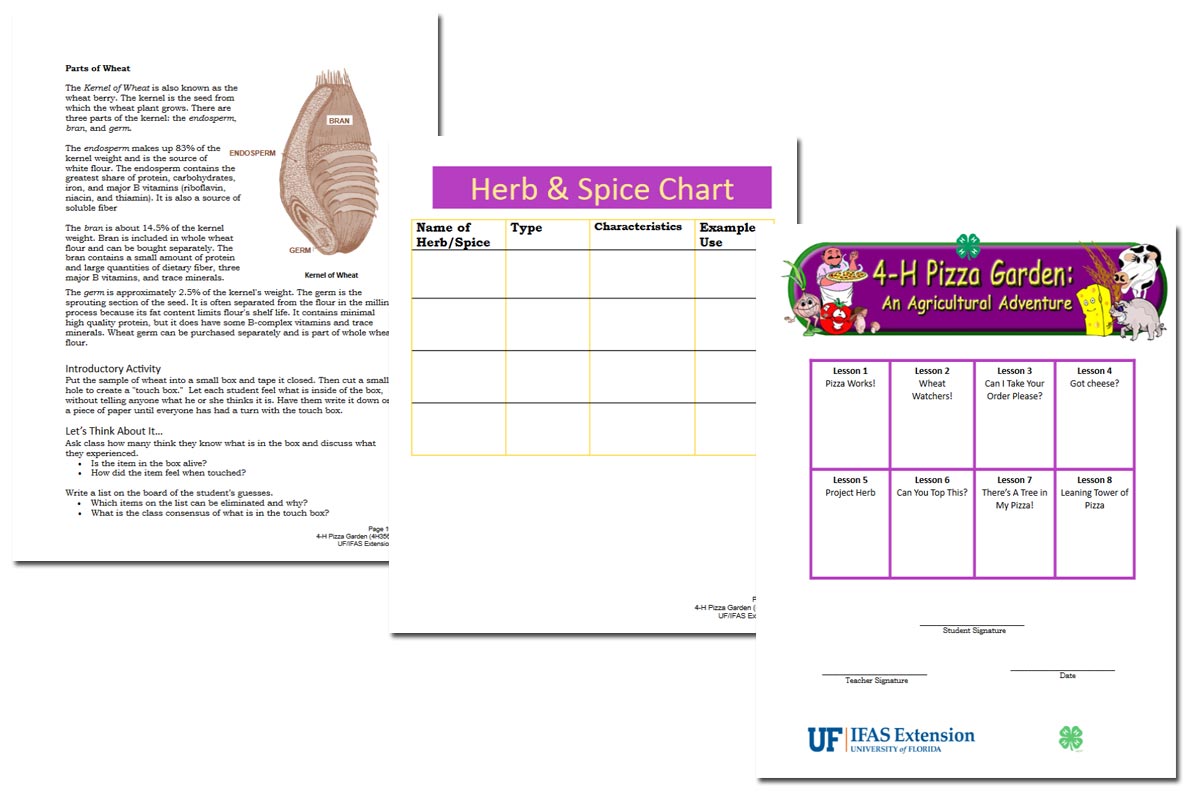
We have all seen it — we have all lived it! There are simply days when we have a very difficult time concentrating. Our children are no different. But when the days stretch into weeks, or months of poor concentration loom, we know we have a problem that needs attention. Here are 15 ways to improve your child’s (and your) concentration:
1. Turn off the TV (and possibly the computer).
A passive device, such as a television, hand-held device, or computer used in game mode, encourages the habit of being entertained — and a short attention span. Distraction lessens engagement and concentration.
In this day and age everything moves very quickly. By encouraging our children to continually switch their attention as they struggle to keep up, we are creating a generation of kids that cannot concentrate. While multitasking does get a bad rap, until we have developed in our children the skill of deeply concentrating on what is in front of them (through reading, music, nature, and appreciating art, for example), it is probably best to limit (or for some, avoid) fast, if entertaining, stimuli.
For more information on the effects of TV viewing, you may be interested in Endangered Minds: Why Children Don’t Think And What We Can Do About It by Jane Healy.
2. Engage in physical activity.
There is no better cure for the lack of concentration that results from sitting still too long than to move!
A short burst of activity, even of 5 or 10 minutes duration, can have a positive effect. Have your child do a few jumping jacks or sit-ups, or run the stairs every hour or so.

6 Ways to Encourage Active Recreation
Lots of ways to keep ’em moving.
3. Get outside.
When it comes to raising a child, fresh air, sunshine, exercise, and play are necessary ingredients! Several studies claim that time playing outdoors improves concentration, attention, and focus. (You may be interested in reading about The Importance of Outdoor Play for Young Children’s Healthy Development as one example.)
Take a nature walk! Or grab an idea from the Boy’s Sports & Amusements Encyclopedia.
4. Get good rest.
A sleepy, tired child is not going to be able to concentrate. Setting appropriate bedtimes, making sure we are not keeping our child out later than his bedtime, and establishing firm bedtime routines are ways that we can ensure each child receives the proper amount of sleep.
How Much Sleep Do Your Children Need?
Tips from the American Academy of Pediatrics.
5. Eat well.
A variety of healthy foods are essential for proper brain function. It all starts with a healthy breakfast, then sitting down as a family and eating healthy afternoon and evening meals, and incorporating small, but healthy snacks in between meals.

Fruits & Veggies
Our free unit that encourages a healthy diet.
6. Check for allergies.
If your child’s concentration problem seems most prevalent in the spring or fall, he may suffer from seasonal allergies. In addition, it is unfortunately increasingly likely that your child will have some type of food allergy.
Allergies are known for producing “brain fog” and a tired feeling.
7. Create an inspiring environment.
It is difficult for most individuals to concentrate in a noisy, rowdy environment where chaos reigns. Read more about creating a learning environment.

9 Tips for Moving from Chaos to Peace
Tips for those who would like them.
8. Work within a schedule or routine.
Consider it one less worry — he knows when he will be finished with the task at hand and will be able to move on to the next thing.
If your child has an established bedtime routine, then you know how much easier it is to get him into bed. He is concentrating on getting into bed — not on how to get out of getting into bed!
Routines make it easier for children to focus on what is at hand rather than thinking about what is next.
Scheduling
Lots of tips for making it happen!
9. Switch gears.
If a child has been sitting in one place doing table work then it might do him good to get up and work on something creative, musical, or artistic next.
Alternating daily activities in this way can help build concentration particularly when it comes back around to those table-time tasks.
10. Focus on one task at a time.
Frustration and stress are sure to abound if we are trying to do two things at once. This is particularly evident when a child is concerned about something. Math will not get finished until that concern has been addressed.
At times it works well to say, “Finish your math and then you can feed the goldfish. Sparkie will be fine until you are through.” By doing so, we have addressed the concern, and provided him with a solution that allows him to concentrate on what is before him.
11. Keep a list.
Related to the above, it is difficult to concentrate if we are concentrating on the things we do not wish to forget!
Making a list of things we do not wish to forget frees our brain to focus on the task at hand. An older child can carry a small notebook or other note-taking device.
Writing Pad
These have become rather invaluable around here.
12. Memorize each day.
Nothing sharpens concentration better than memorization.
Memorizing Scripture, poetry, or favorite quotes, for example, encourages a mind-focusing habit.
13. Narrate.
Likewise, asking your child to tell you what you just read in his own words not only sharpens his focus, but also encourages him in the habit of concentrating while the story is being read.

30 Narration Ideas
Mix it up!
14. Read.
Reading requires something from our brains that is nearly impossible to do if our brains are not “plugged in.” Polar opposite to watching TV, reading requires an engaged intellect (sure, you can read passively — but then you are not really reading, are you?).
A book requires a single-minded concentration — a much different experience and brain function than surfing about on the Internet or playing a video game.

9 Ways to Encourage a Lifelong Reading Habit
Learn to focus on a good book!
15. Play a memory aid game.
Every now and again, just for fun, engage the attention in a memory game.
Play a game of concentration or telephone. Or try one of these memory games at Neuroscience for Kids.
A focus on memory develops the habit of concentrating!










You must be logged in to post a comment.